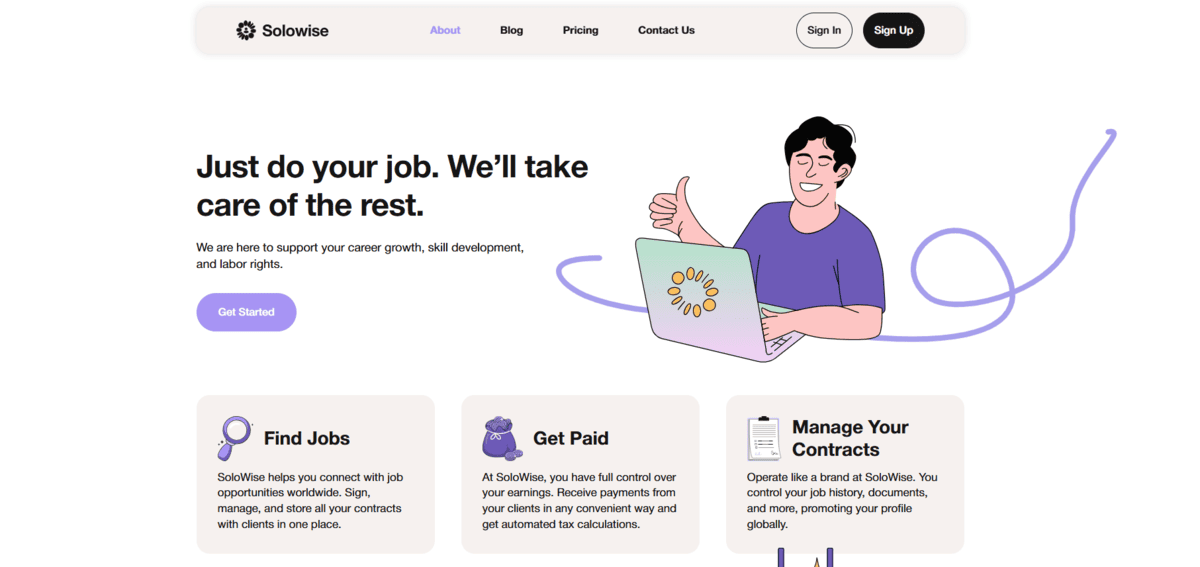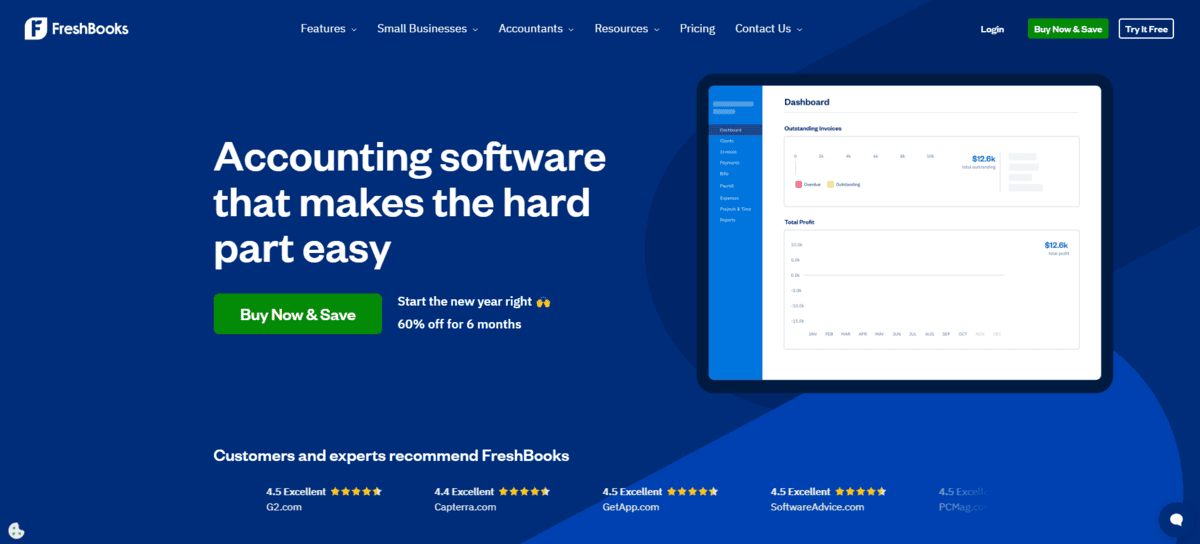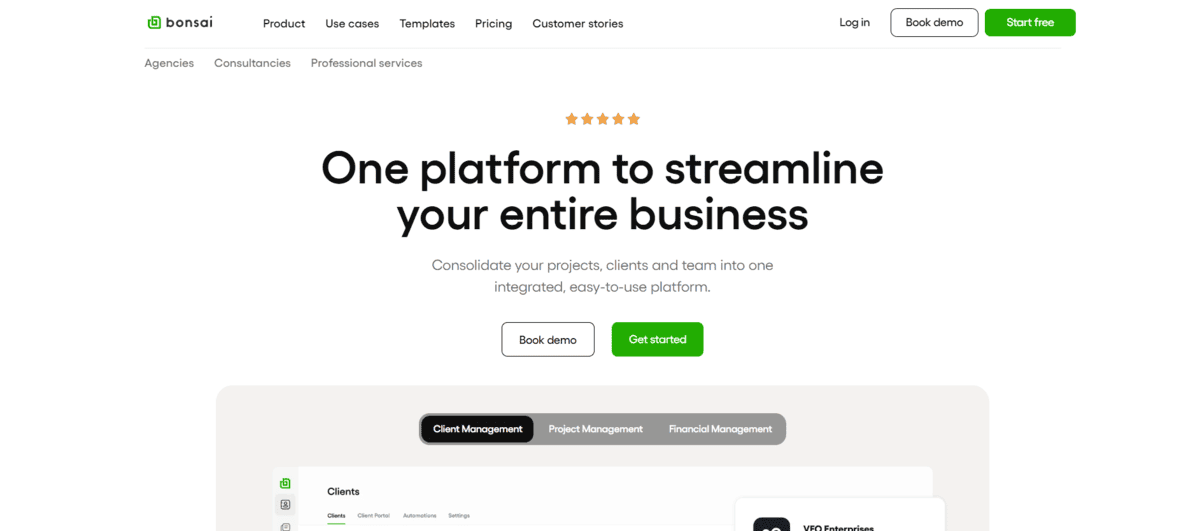Freelancing in recent years has allowed people to make themselves independent and allowed them to be their boss, work on their terms select tasks that match their abilities, and so on. However, as with any other job you can have, freelancers have a tough time maintaining their funds which may be stressful. Unlike people who work in regular branches and companies, freelancers must manage their own taxes, track costs, and maintain a consistent income flow.
In this article, we’ll explore smart ways to handle your finances, stay organized, and boost your freelancing income.

1. Keep Your Business and Personal Finances Separate
One of the key steps in managing your income as a freelancer is keeping work and personal finances separate. This makes keeping your finance records easier, helps with tax management, and ensures financial clarity.
How To Do It:
- Open a separate bank account.
- Use a different credit card to cover your freelancing costs.
- Use accounting software to categorize transactions.
- Utilize accounting software to track every transaction.
2. Use Accounting and Invoicing Software
Handling invoices and expenses by yourself is a tough thing to manage especially when you have large and frequent transactions. This has to lead you to mistakes. Choosing reliable accounting software can ease your financing life, help you with financial tasks, and save you a good amount of valuable time.
Popular Tools to Choose From:
1. Solowise

It offers expert insights and solutions for freelancers wishing to enhance their financial management. It offers helpful tools for managing jobs on the freelancing market and documents while keeping user privacy a top priority. This one makes both freelancers’ and businesses’ lives easier by streamlining processes, enabling smooth international collaborations, and providing an all-in-one solution.
2. QuickBooks

QuickBooks is another powerful accounting solution for freelancers designed to help them manage their finances easily. It simplifies tasks like tracking expenses, creating invoices, and generating financial reports saving freelancers from stressing out about taxes. It saves time by automating processes such as bank transactions and integrating with other apps, allowing freelancers to focus on growing their business and keeping their income flow.
3. FreshBooks

Another top and easy-to-use accounting software tool on the list is FreshBooks. It simplifies invoicing, offers time tracking for its users, and better expense management for freelancers. It enables users to create invoices, track projects, and receive payments.
It also offers financial reports and integration with third-party apps, making your freelancer’s life smoother. FreshBooks is designed to save time and simplify accounting, helping freelancers focus on growing their business.
4. Wave

Another top-notch tool from the list is Wave. It’s an all-in-one financial tool for freelancers, offering invoicing, payments, accounting, and payroll services. Its easy-to-use dashboard allows you to create personalized invoices, track finances to the smallest detail, and manage your cash flow.
It simplifies tax preparation and speeds up payments by giving you the possibility to take off of tax payments directly via credit card or bank transfer. It’s a great user-friendly solution for handling all your freelancer business finances.
5. Bonsai

And last but not least – Bonsai tool. Just like the tools we mentioned above, it is an all-in-one software designed to streamline business management for freelancers. It offers tools for managing clients, managing ongoing projects, and gives you contracts insights, and payments with ease.
From creating proposals and contracts to time tracking and invoicing, Bonsai helps freelancers automate workflows that are crucial for keeping the business running. The platform also provides advanced features like budgeting, resource management, and reporting to ensure smooth project delivery.
All of these 5 tools we mentioned will make your life as a freelancer much easier when you need to quickly automate invoicing, track expenses, and generate financial reports and you won’t make a mistake choosing any of these.
3. Don’t Forget to Divide Your Money for the Taxes
Unlike employees with regular salaries, freelancers must handle their taxes, as they’re not automatically deducted from their earnings. Failing to prepare the tax report could result in fines. These tools can help you stay organized and avoid any issues with the IRS or other tax authorities.
How to Do It:
- Set aside a percentage of your income for taxes.
- Pay your taxes in time to avoid penalties.
- File your taxes using tax software such as Solowise.
4. Keep Track of Your Expenses
On the good side as a freelancer, you can take advantage of several tax deductions, but it’s crucial to keep a record of your regular expenses, such as:
- Home office expenses (rent, utilities, and internet).
- Software subscriptions (Adobe, Microsoft, etc.).
- Food.
- Professional growth (training, certificates).
Using an expense-tracking app like Expensify can make the process much easier.
5. Have an Emergency Fund
Freelancing is a great thing to do but it can lead to inconsistent income which leads us to the problem of having an emergency fund. This way you can provide a financial safety net during periods when the business isn’t going so well.
How Much Should I Save – You’re Probably Asking?
Aim to save and accumulate about 6 months of spending in an emergency fund. Place it in a savings account for better access and use it when things get tougher, as it can give you peace of mind when business is slow or unexpected expenses pop up.
Freelancing is all about being prepared, so you don’t have to stress during tough financial times.

6. Set Up a Retirement Plan
Without an employer-sponsored 401(k), you need to be proactive about saving for retirement. Consider opening an IRA or any other retirement account to make sure you’re building a safe future for yourself. This can make a big difference down the road, be sure.
Regular payments, even in small amounts, can help establish sizable retirement savings during that time.
7. Make Sure You Have the Right Insurance
Since freelancers don’t get benefits from an employer, the only way they have is to get health and business insurance on their own.
Insurance Options:
- Health Insurance: Compare plans at Healthcare.gov.
- Business liability insurance helps protect you from potential legal issues down the road.
- If you are unable to work due to an illness, or accident, disability insurance helps you to replace lost income in that period.
Having the right insurance has two great sides: not only does it protect you financially but also gives you peace of mind.
8. Set Up Automatic Savings and Payments
Automation is the key if you want your freelancing adventure to be more fluid. It helps reduce the chances of missing bill payments which can trigger further penalties and unexpected expenses, or forgetting to save regularly. It saves you from stressing out when managing your finances, making sure everything gets paid on time and you’re consistently saving.
How to Automate:
- Set up automatic transfers to your savings accounts.
- Make regular payments for subscriptions and invoices.
- Set up invoice reminders for timely payments.
9. Explore Different Ways to Earn Money
Relying on just one client or income source can be risky in the freelancing field. However, diversifying your income helps create more financial stability.
Ideas for Diversifying Income:
- Offer online classes.
- Sell digital items such as ebooks, and stock pictures.
- Start a blog or YouTube channel for a passive income.
Having multiple income sources helps keep your cash flow regular and reduces financial stress.
10. Consult With a Financial Advisor
If you feel handling your finances is becoming overwhelming and you are losing ties, find a financial advisor who will make a big difference in sorting your finances.
Benefits of Having a Financial Advisor:
- Assists with tax preparation and investment options.
- Financial advisors can provide personalized financial advice based on your unique situation.
- They help you set and work toward long-term financial goals preparing you for the future.
For more guidance on financial management as a freelancer, visit Solowise for expert advice and practical tools to optimize your earnings and savings.

Final Thoughts
Freelancing is a great field to earn more money, have a good cash flow, work as your own boss from any place in the world, but managing your finances can give you a hard time and is crucial in freelancing. However, with the right tools and strategies, you can handle your finances with ease, reduce stress, and focus strictly on growing your business.
These simple steps we wrote about in this article and emphasized their importance can all add up to long-term financial success. Manage and take charge of your freelancing money stress-free and experience the freedom of financial stability!
Written by Adnan Mujic

